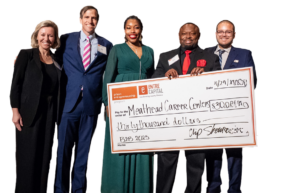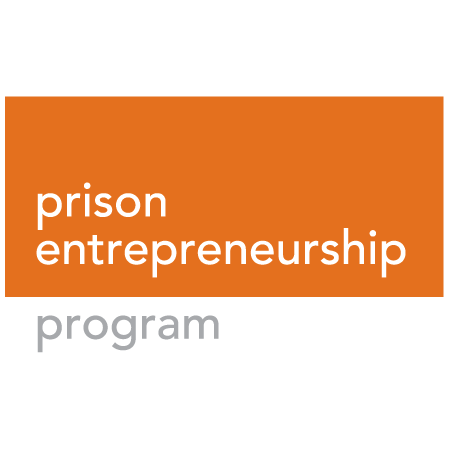A Key to Long-Term Success
For individuals reentering society after incarceration, the transition can be overwhelming. From navigating housing and employment to rebuilding family relationships, the first months after release are filled with challenges. One of the most effective tools for overcoming those challenges is mentorship.
Mentorship creates a support structure that provides not only accountability, but also connection. It bridges the gap between incarceration and independence with guidance that is practical, personal, and rooted in trust.
Why Mentorship Works
Mentorship is not about rescuing someone. It is about walking alongside them. For returning citizens, especially those in programs like PEP, mentors help reinforce the personal development and professional skills learned during incarceration.
A reentry mentor can provide:
- Honest, judgment-free support
- Advice on decision-making and goal setting
- Feedback on business or employment strategies
- Encouragement during setbacks
- A connection to networks and resources
When someone knows that a mentor is invested in their progress, it increases motivation and helps them stay focused on long-term success.
The Role of Mentorship in PEP
Mentorship is a core part of the Prison Entrepreneurship Program. During the in-prison phase, participants are matched with business professionals who provide feedback, encouragement, and accountability throughout the program.
After release, mentorship continues in the form of coaching, networking, and one-on-one support. This continuity reinforces the mindset and skills developed inside, making the transition to the outside world more manageable and sustainable.
Impact Beyond the Individual
The impact of mentorship is far-reaching. PEP graduates often cite their mentors as a key reason they stayed on track after release. The benefits go both ways. Mentors often say the experience changed their own perspectives, giving them a renewed sense of purpose and deeper understanding of redemption and growth.
Mentorship helps reduce recidivism. It improves emotional resilience. And it strengthens the relationship between the justice-involved population and the communities they return to.
A Call to Step In
Supporting reentry is not only about policy or programs. It is also about people. Mentorship is one of the most personal and powerful ways to get involved.
For professionals looking to give back, becoming a mentor is an opportunity to make a lasting difference. It takes time, consistency, and empathy, but the reward is watching someone build a new future, one decision at a time.



